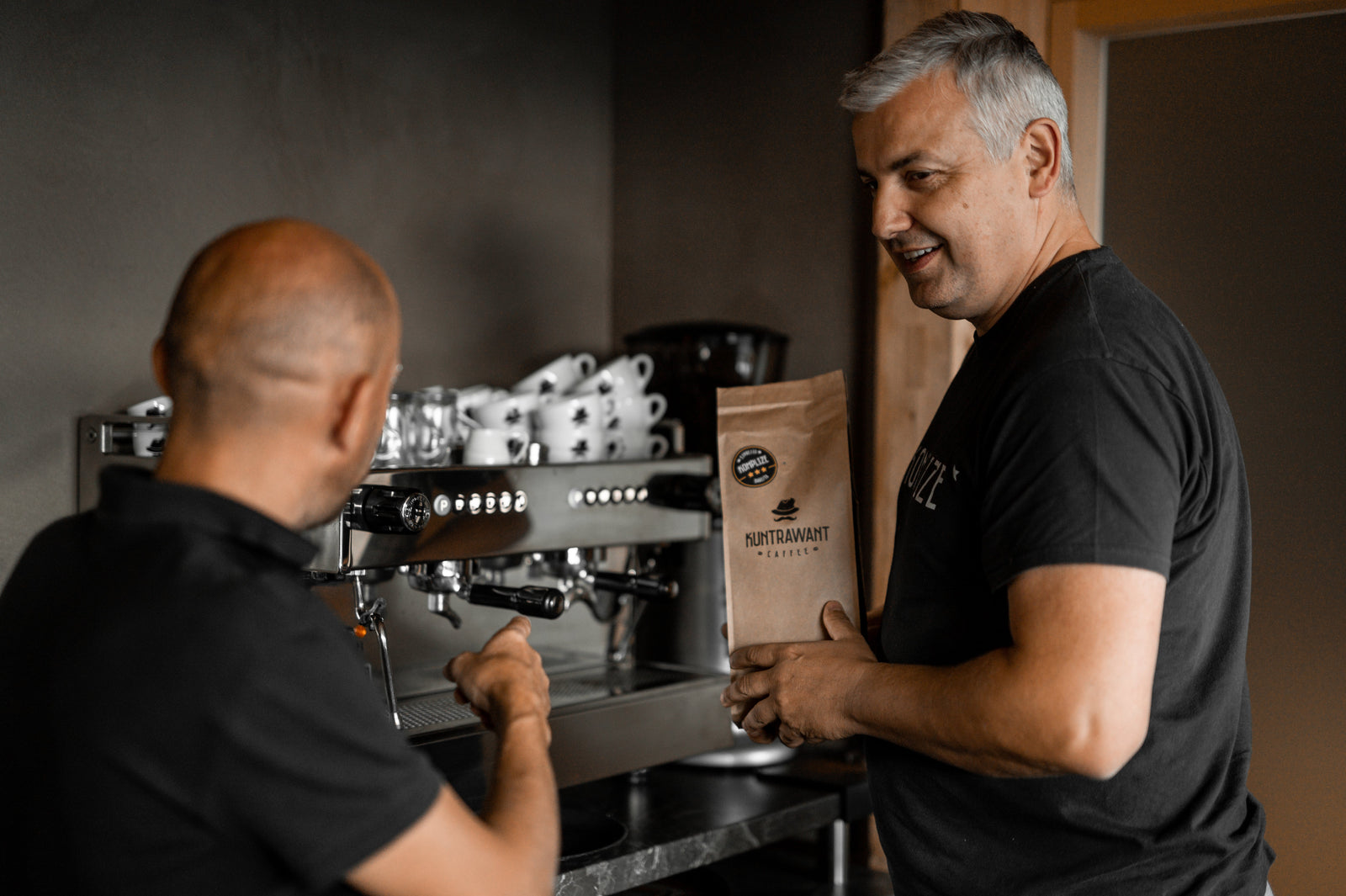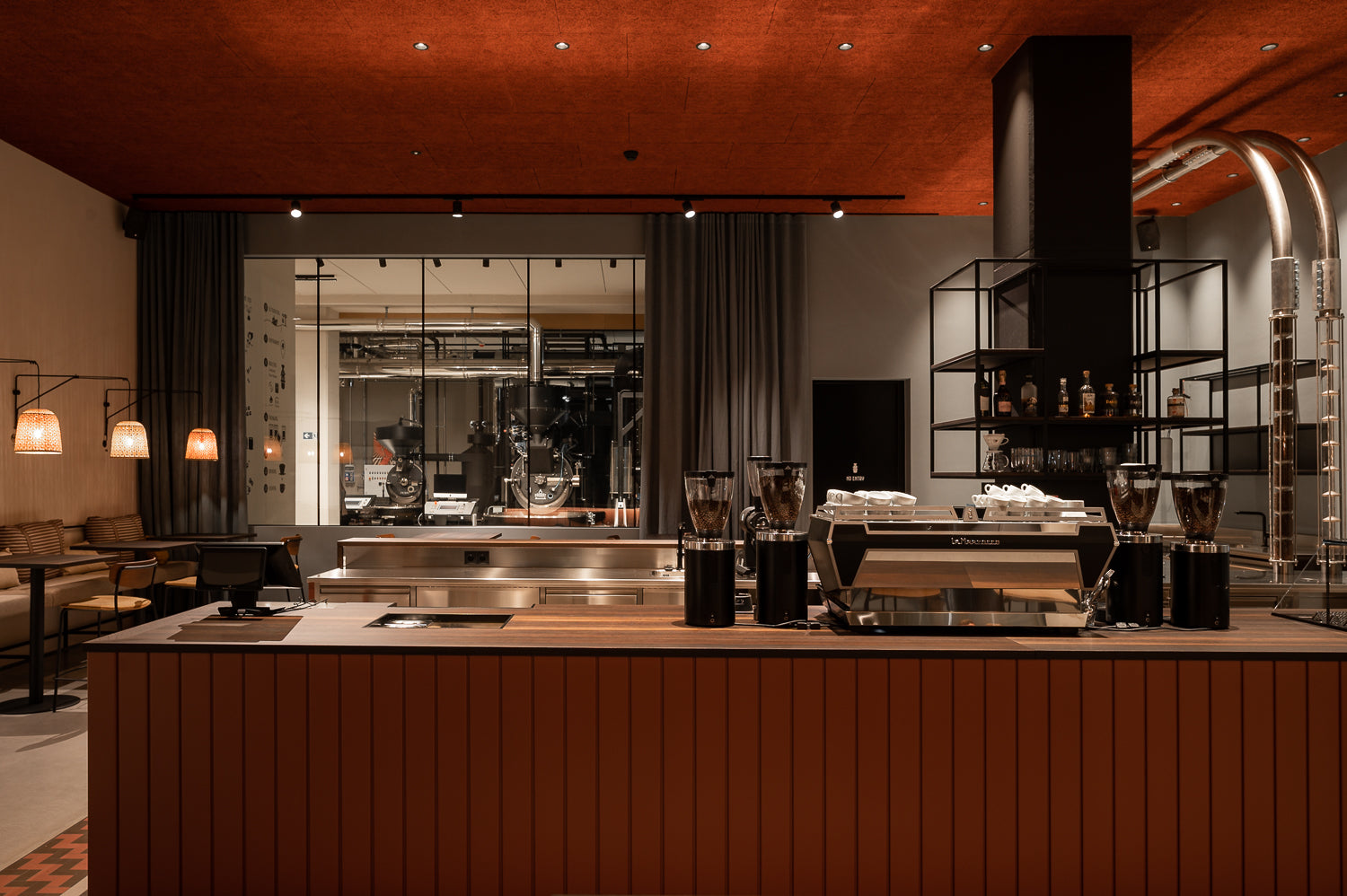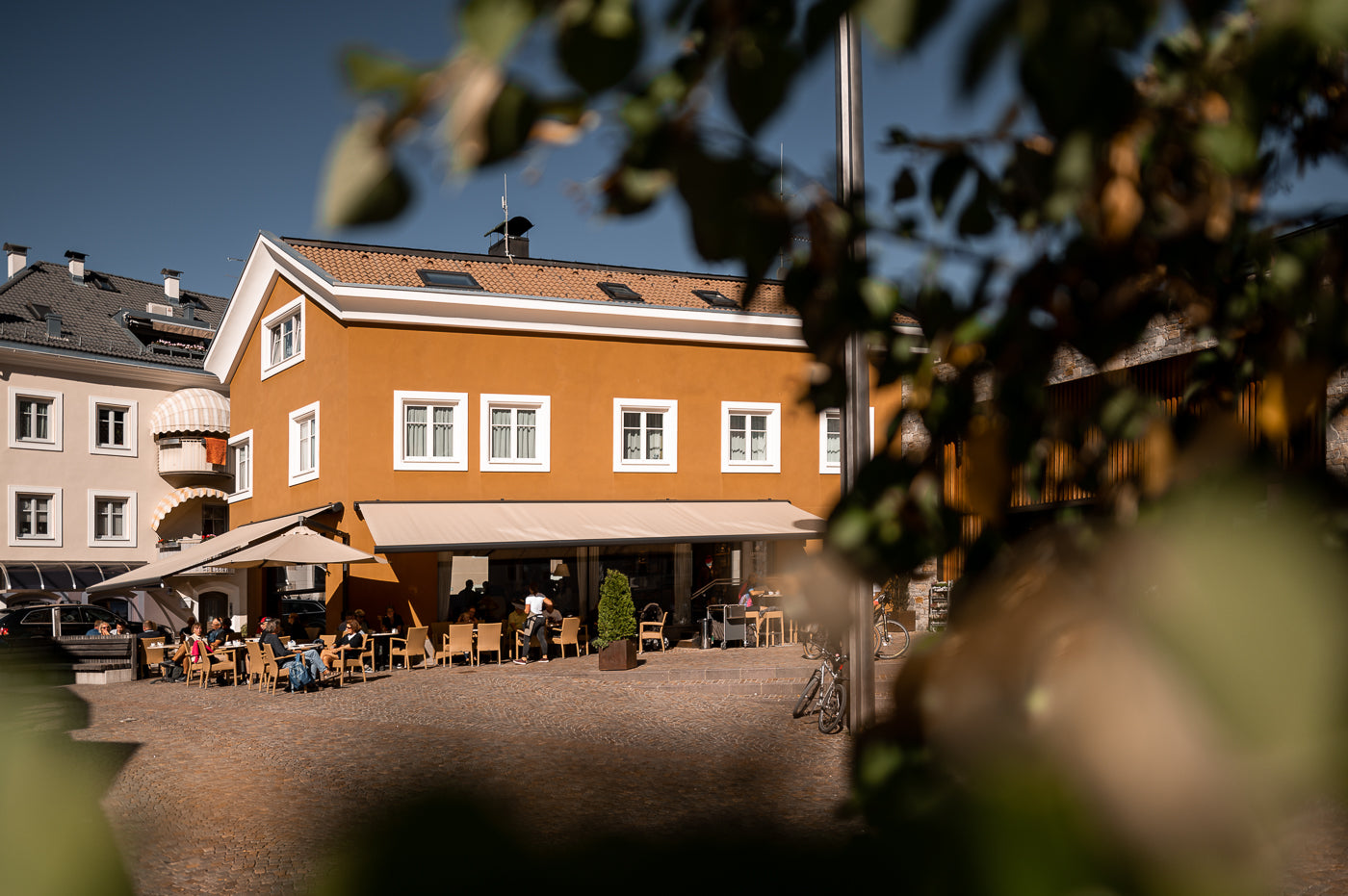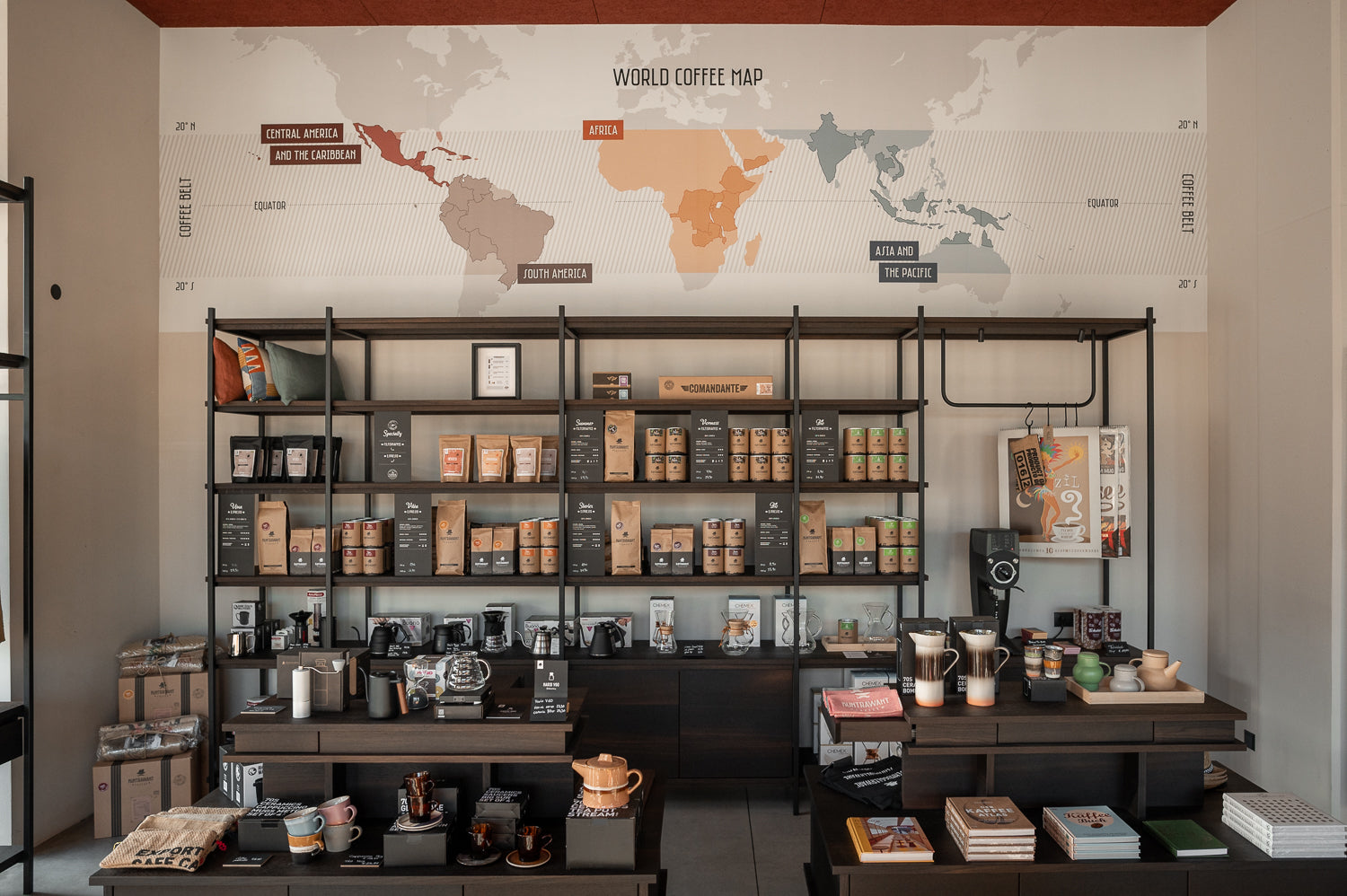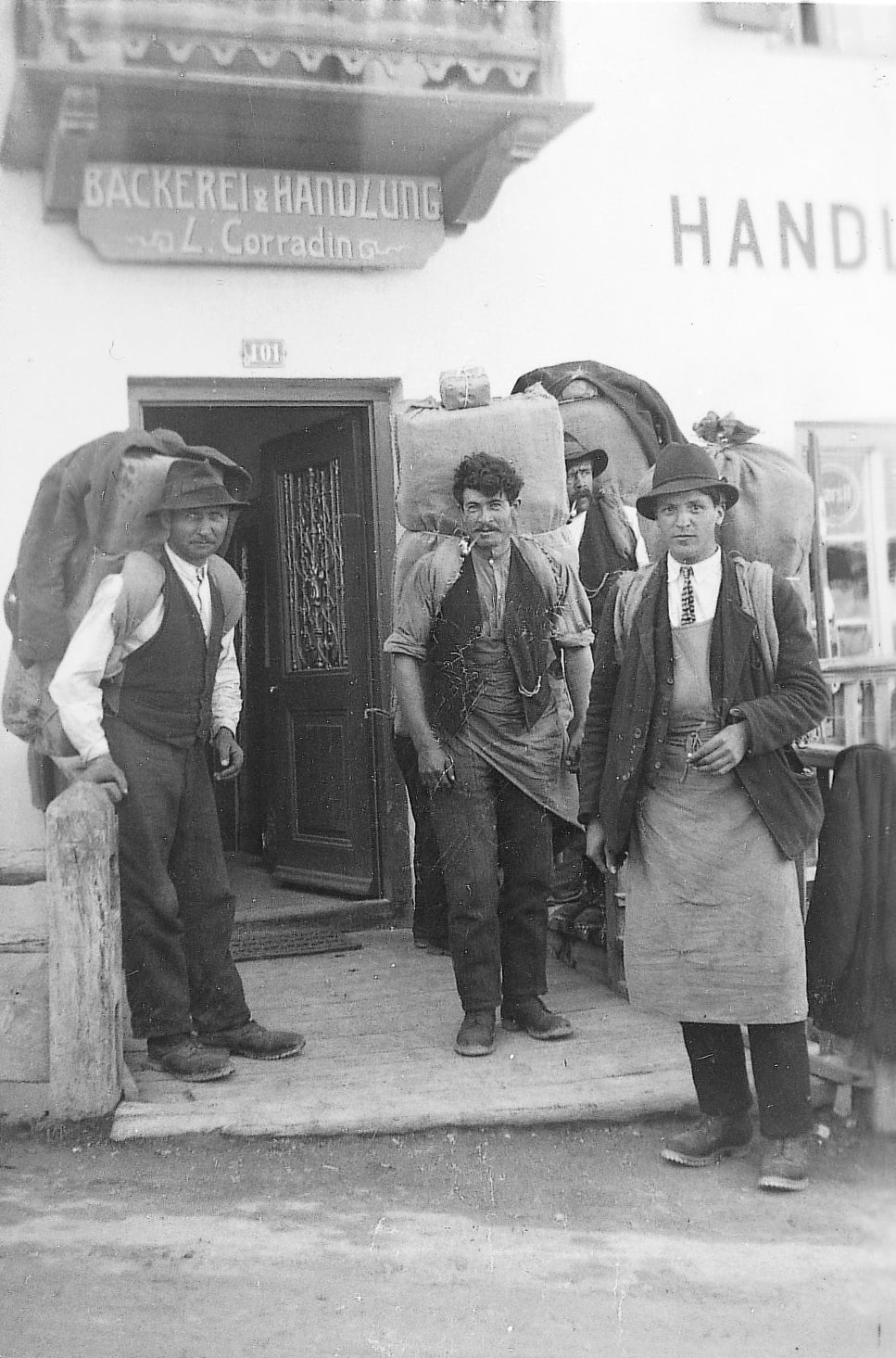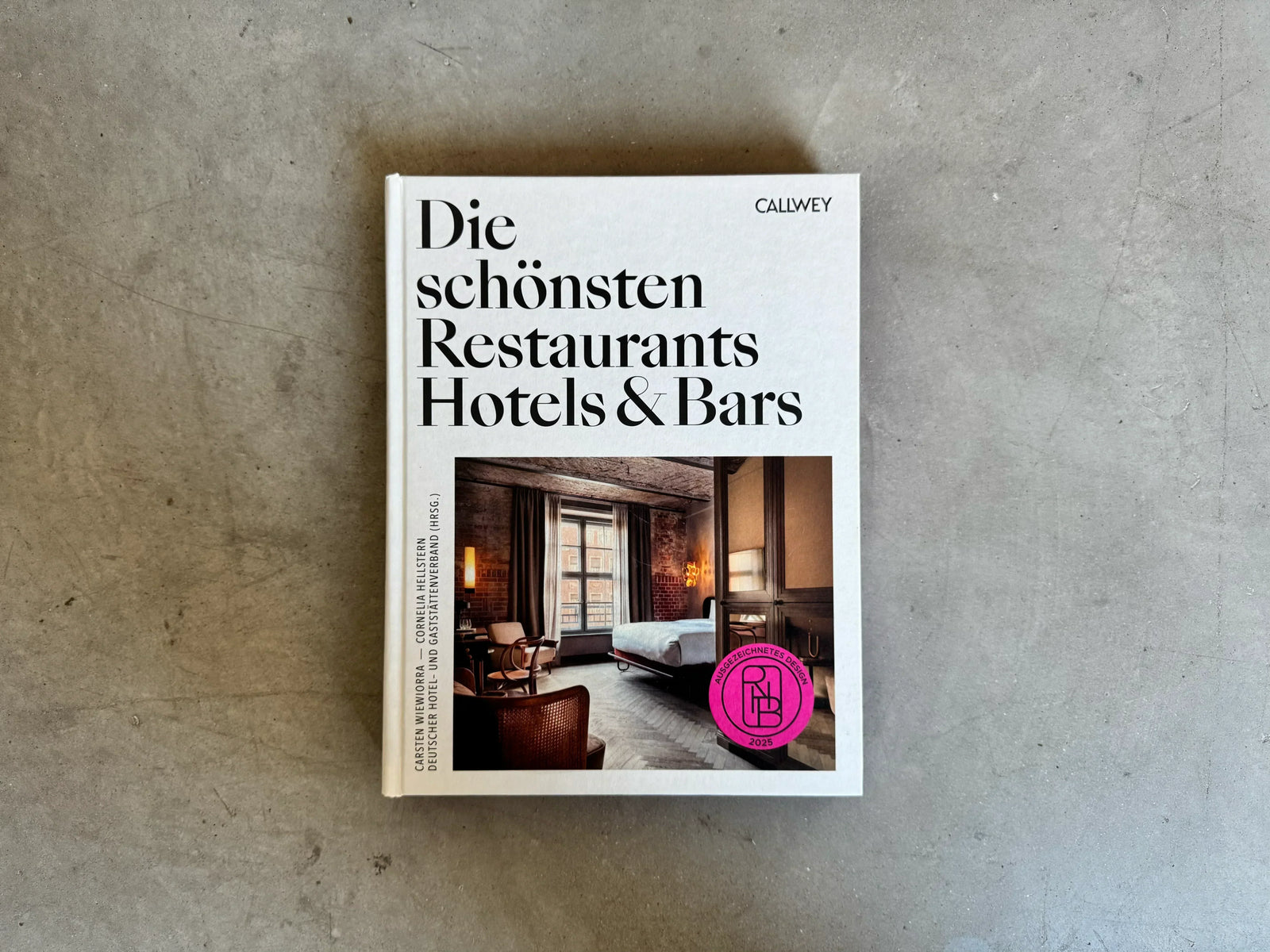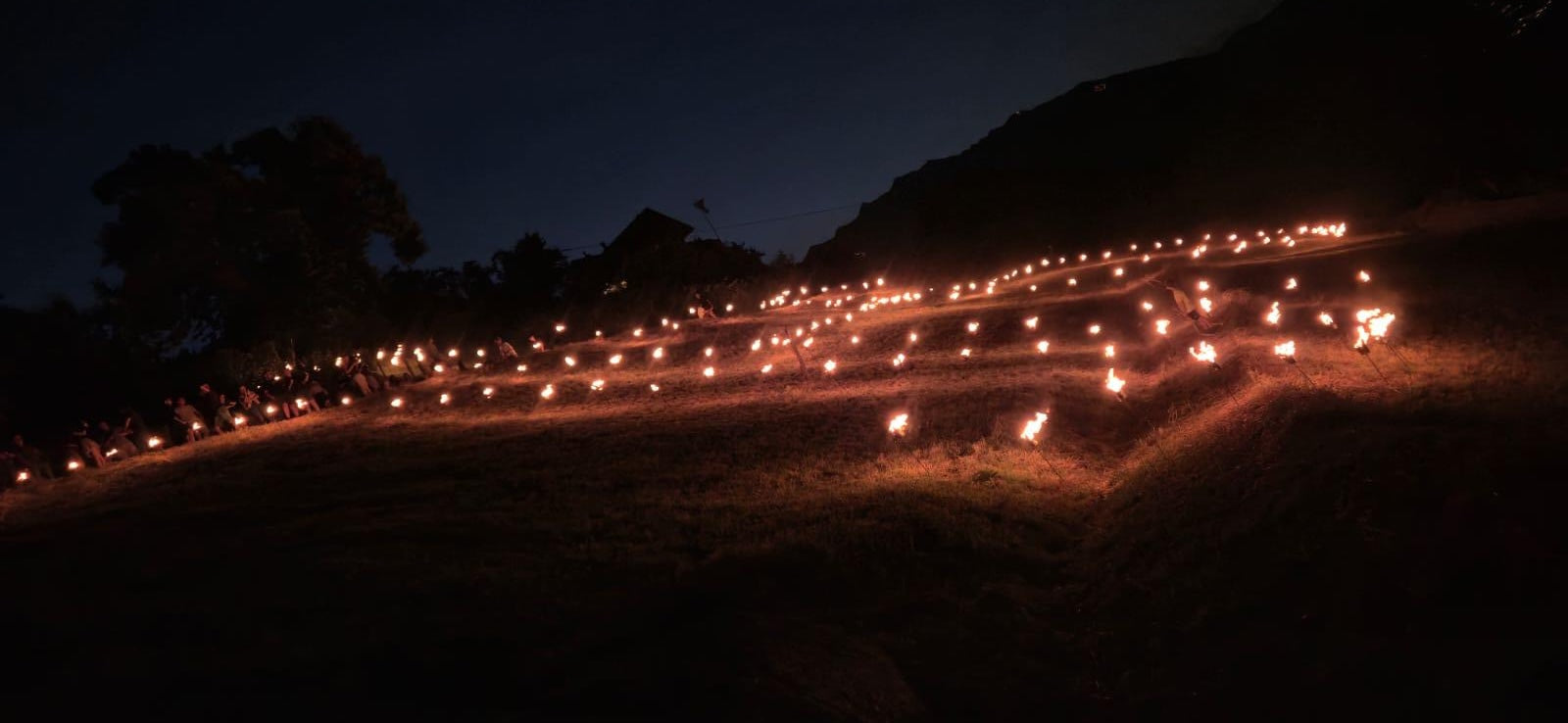Cross-border commuters, adventurers, but also commuters and survival artists?
The times during the war years and between the wars were hard and full of privation for the people on the border. Cold, snowy winters, few job opportunities, hardly a lire in their pockets, so the appeal of the border region was great and made them inventive.
Even though it was a difficult and hard time and people lived from hand to mouth, many old smugglers look back on the past with pride and a smile.

Some of them helped with smuggling when they were still small children. They were less controlled and often served as couriers for smaller items. They were certainly inventive; you wouldn't believe what could fit into a pair of stiff, worn leather trousers. Almost everything that was needed was smuggled: tobacco products, "saccharin", lighters, machines, livestock and even coffee. The border with Switzerland and Austria offered many incentives and the young, strong men knew the forests in the border triangle like the backs of their hands.
Smuggling was survival, adventure and excitement. Night after night they risked their lives to earn a few lire, which often made it much easier for a family to survive.

"But we only had the cigarettes, no lighters. We only got them in Switzerland" (Back then we only had matches, not lighters. You could only get them in Switzerland), an old smuggler remembers his childhood. Lighters were actually banned in the interwar period and perhaps that was why they were so popular. He had put them in the front flap of his leather trousers and smuggled them across the border at the age of five. He became a passionate, experienced and clever smuggler who later brought just about everything across the border. Coffee was just as popular with the locals as saccharin (sugar). On the Reschen, the Piz Lad towers high above the border, and he walked around or crossed it at night more than once. He got most of his supplies in "Strada" in the Engadine. The goods were tied into heavy "pinggl" and carried across the border on his back by the kilo.


